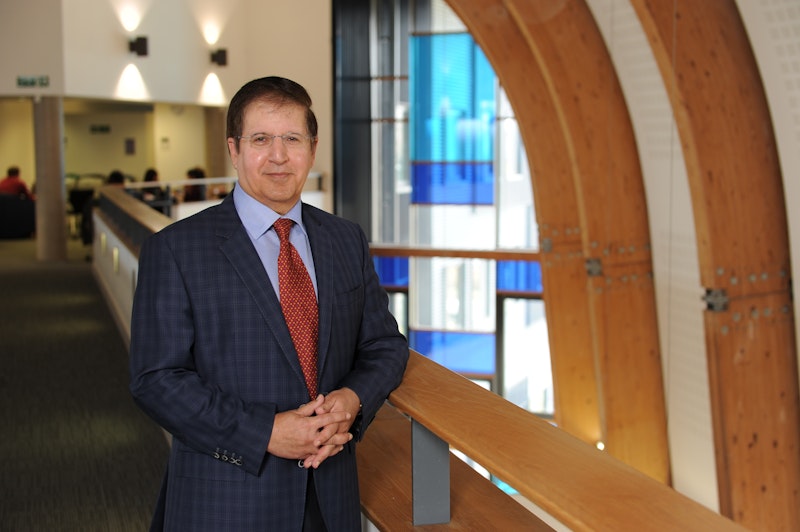Are you a digital leader?
Professor Sharm Manwani discusses the findings of research by Henley Business School and McKinsey.

Best practices for Enterprise Architecture
CEOs have seen digital disrupt industries over time, but may now consider that it has reached maturity, even as COVID-19 has accelerated its importance within their enterprises. Yet research from McKinsey and Henley Business School finds that going digital presents significant challenges. There is a pronounced performance gap between digital leaders and their peers. Hence CEOs should ask their executive teams ‘are we a digital leader and if not, why not?’.
The survey report analyses data from more than 100 enterprises and 50,000 data points to review the practices and outcomes for digital leaders of large enterprises. It shows that in contrast to digital natives, striving for customer agility often leads to costly and inflexible IT interfaces and services. This IT complexity then results in an agility reduction paradox due to increasing technical debt. The survey quantifies the impact as being highly significant, and it explores how digital leaders are using Enterprise Architecture (EA) to address these issues.
We can think of EA as a capability to architect the business as would be required for a large building. EA evaluates and scopes how enterprise capabilities can be used to design strategic operating models that are both responsive and efficient. In this way, digital leaders are able to drive innovation without high cost, complexity and increased time to market. A key architectural contribution is to help build a robust and secure digital platform for agile and reusable services. Through these approaches, EA helps to deliver more sustainable solutions.
Digital leaders use stakeholder engagement artefacts to redesign operating models, for example building capability maps aligned to customer journeys. They choose artefacts selectively and update them regularly. This reflects that they have the professional skills to develop architectural designs, the business acumen to link capabilities with value, and the skills to influence a wide range of stakeholders. It is vital that enterprises attract the right EA talent and develop people through diverse methods to achieve this mix of skills.
Digital leaders execute transformation through a business lens and maintain a continued focus on benefits. They scale small, release fast and deliver big bang. This combination of being strategic and agile is a tough challenge in enterprises. EA leaders understand how to enable this by modelling future architectures and also connecting to both solution architectures and agile development.
Our survey demonstrates that EA is often the missing link in going digital. Yet many executive teams remain unaware of the potential contribution of their EA groups. This is a two-way street. Both parties need to educate themselves and each other on how to become a digital leader. Our wish is that the McKinsey and Henley EA and Digital Leaders report facilitates this process.
We welcome feedback and encourage you to add to our knowledge base by completing the survey at easurvey.org.
To find out more about the McKinsey and Henley EA and Digital Leaders report, or to receive a copy, please contact Professor Sharm Manwani, co-leader of the research with Dr Oliver Bossert, McKinsey.



